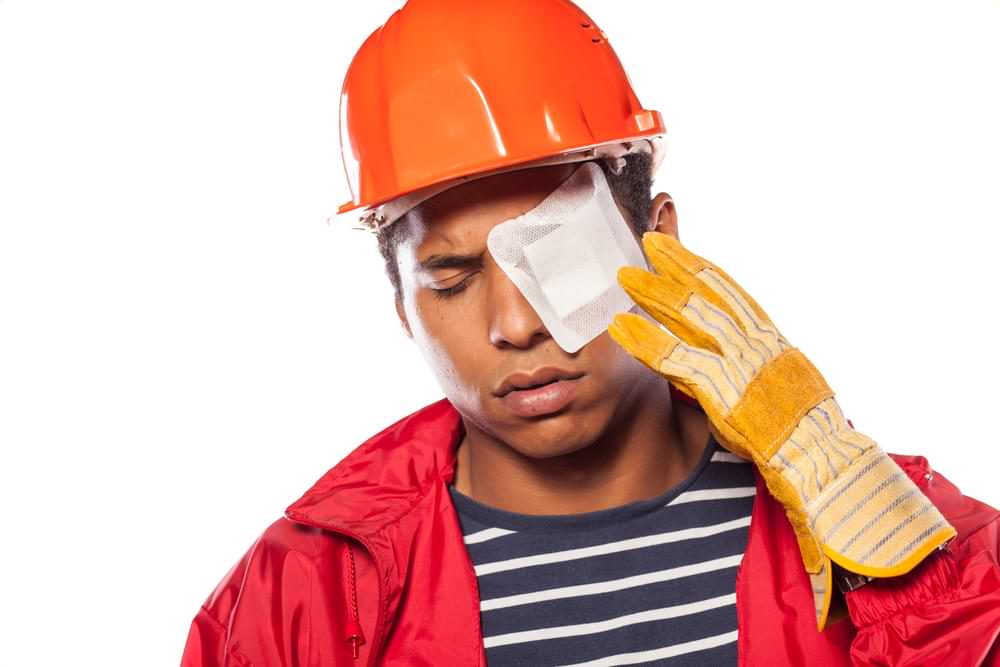How Prescription Safety Glasses Protect Tasmanians at Work
Prescription safety glasses protect your vision by providing a customised and impact-resistant solution that shields your eyes from workplace hazards.
Eight percent of all workplace injuries in Australia are eye injuries. Each year, about 50,000 such injuries occur, costing around $60 million. Around seven in 1,000 workers will sustain an eye injury. Most of these injuries can be avoided with proper workplace protocols and protective equipment. Prescription safety glasses are therefore an important part of the injury prevention solution.

Eye Safety at Work in Tasmania
In Tasmania, workplaces are governed by the 2012 Work Health and Safety Act. The WHS Act stands as the principal piece of legislation looking after workers’ health, safety, and welfare. Additionally, it provides protection for the wider community in relation to work activities.
Under the WHS Act, employers have a legal obligation to provide a safe working environment for their employees. The process includes pinpointing possible hazards and dealing with them. Safety measures are then implemented to further ensure security. Personal protective equipment (PPE), like safety glasses, must be provided when necessary in order to reduce or control the risk of injuries.
The Workplace Health and Safety Regulations offer detailed guidance on how to comply with the WHS Act. These regulations cover various aspects of workplace safety, including hazard identification and risk assessment, as well as the selection, use, and maintenance of PPE.
The Benefits of Prescription Safety Glasses for Employees
Safety glasses are vital to preventing eye injuries. They serve as a protective barrier, especially in workplaces with potential eye hazards. Here’s how prescription safety glasses can benefit workers:
- Impact Protection: Safety glasses are designed with impact-resistant materials, such as polycarbonate or Trivex, that can protect against dangers caused by flying debris, particles, or tools. They create a barrier between the eyes and potential hazards, reducing the risk of objects causing harm.
- Chemical and Liquid Protection: Safety glasses with sealed or wraparound designs offer protection against chemicals, liquids, and splashes. The design prevents harmful substances from coming into direct contact with the eyes, which can cause chemical burns, irritation, or other serious injuries.
- UV Radiation Shielding: Some safety glasses are equipped with lenses that block damaging ultraviolet (UV) radiation from the sun or other sources. Extensive exposure to UV radiation can lead to eye conditions like cataracts or photokeratitis (sunburn of the cornea), which safety glasses help prevent.
- Dust and Debris Shielding: Safety glasses with side shields or wraparound frames keep out dust, debris, and small particles that could otherwise enter the eyes and cause irritation or injury.
- Prevention of Infections: Safety glasses can help prevent eye infections by eliminating exposure to germs, viruses, or other contaminants that may be present in the environment.
- Reduced Eye Strain: Bright lights or harsh glare can lead to visual discomfort and fatigue. Anti-reflective coatings or tinted lens fitted safety glasses can help reduce eye strain.
For people who need corrective lenses, prescription safety glasses offer both vision correction AND protection. These glasses are designed in accordance with safety standards while matching the wearer’s specific prescription needs.


Trivex vs Polycarbonate Lenses
Trivex lenses utilise a modern lens production material. Highly resistant to impact, these lenses excel at meeting the needs of those who need eyewear protection from eye impact injuries and sharp vision clarity at work.
Lens materials can be compared using something called an “Abbe value”. Lenses with higher Abbe values are generally preferred because they tend to exhibit less colour dispersion and distortion, resulting in clearer and more accurate vision, especially in the peripheral areas of the lens.
In addition to superior strength, Trivex lenses have an exceptionally high Abbe value, offering better vision clarity than polycarbonate lenses.
Trivex lenses are our prefered material for safety for the following reasons:
- Optical Clarity: Trivex lenses achieve clear and crisp vision.
- Lightweight and Thin: By minimising bulkiness, these lenses prioritise your comfort, making them ideal for long wear.
- Impact-Resistant: Thanks to their toughness, Trivex lenses stand up well to physical stress in hazardous work situations.
- Chemically-Resistant: Trivex lenses stand up well when exposed to chemicals and solvents in hazardous work situations.
- Reduced Chromatic Aberration: Higher Abbe values enable Trivex to mitigate colour distortion along the edges, thereby offering a more natural visual experience.
Prescription Safety Glasses: Steps for Employers
As a Hobart optometrist and employer myself, I recognise how important it is to ensure the safety and well-being of employees. If your staff requires prescription safety glasses, here are some recommendations to take into consideration:
- Conduct Eye Safety Assessments: Start by assessing the potential eye hazards in your workplace. Highlight tasks or areas where employees are at risk of eye injuries from flying debris, chemicals, UV radiation, or other hazards. This assessment will help indicate which employees need prescription safety glasses. Not all workplace roles are exposed to the same risks.
- Consult with Optometrists: Encourage employees to book an appointment with an optometrist for a comprehensive eye examination. Optometrists can conduct advanced eye tests and recommend prescription safety glasses tailored to each employee’s vision needs and specific hazards they may encounter at work. Your optometrist will have a range of comprehensive eye testing equipment available.
- Work with Eyewear Suppliers: Partner with specialist safety glasses manufacturers. Check that the eyewear meets relevant safety standards and provides the necessary protection your employees need.
- Customised Options: Work with optometrists and eyewear suppliers to offer customised prescription safety glasses that cater to various prescriptions, lens preferences, and comfort requirements. People are more likely to consistently use eyewear that is comfortable for them.
- Training and Compliance: Conduct periodic safety training sessions to inform employees about the proper use, care, and maintenance of prescription safety glasses. Educate your employees about the importance of eye protection and the benefits of prescription safety glasses. Emphasise the importance of wearing them consistently in hazardous environments.
- Regular Eye Check-ups: Remind employees to have regular eye check-ups to monitor any changes in their prescription and ensure their safety glasses remain effective. Changes in vision can impact the effectiveness of safety eyewear. Most people over the age of 40 should have an eye exam annually.
- Emergency Situations: Establish workplace procedures for handling emergency situations where eye injuries occur. Ensure employees know the appropriate steps to take and have easy access to necessary first aid resources. Our practice offers emergency triage and foreign body removal, just phone us to let us know, and we will arrange an emergency consultation with one of our optometrists.
- Evaluate and Update: Regularly review your workplace safety policies and eye protection protocols. Tasks, equipment, and hazards may change, so ensure that your employees’ prescription safety glasses remain appropriate and effective. Delegate routine assessments to a member of your team if necessary.
When you prioritise the eye safety of your employees by providing them with prescription safety glasses, you not only reduce the risk of workplace injuries but also create a safer and more productive work environment.
Conclusion
Employers in Tasmania can take proactive steps to safeguard their employees’ vision by conducting thorough assessments, collaborating with optometrists, offering customised options, and prioritising education and compliance. Everyone in your organisation should understand the eye protection hazards and take appropriate steps.
If you would like more information about prescription safety glasses for your workplace, come see us at Martins Eyecare. We would be delighted to do an assessment of your staff and recommend the most suitable eyewear solutions.
Book your eye care appointment in Hobart with us today at Martin’s Eyecare.
Call (03) 6272 8423 or use the “Book Appointment” button below.
– Martin Robinson, Optometrist & Owner.
